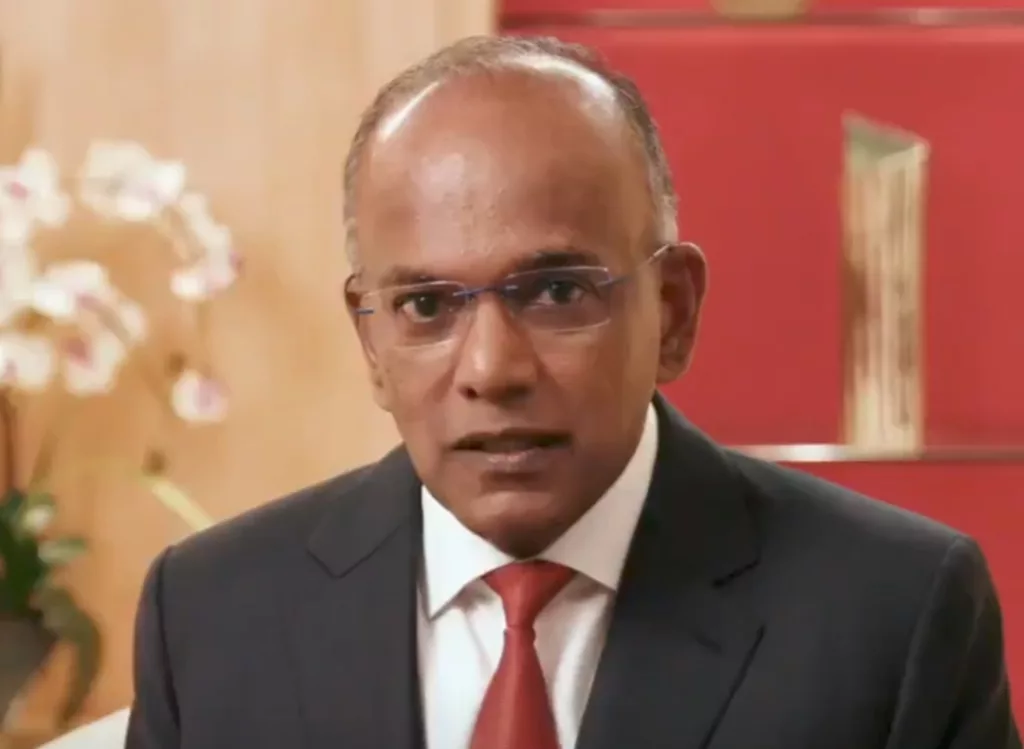Singapore’s Home Affairs Minister K Shanmugam has called on the next generation to keep the Tamil language vibrant for the next 50 years. Calling on the cosmopolitan city-state’s next generation to take charge, Shanmugam said: “To keep Tamil vibrant for the next 50 years, we need young pioneers like you to lead the way.”

The minister, who speaks fluent Tamil shared his views as the National University of Singapore Tamil Language (NUS TLS) Society celebrated its 50th anniversary on May 17, reflecting on five decades of language promotion, student leadership and cultural innovation.
Shanmugam, who was guest-of-honour and NUS TLS alumnus, commended the society’s contributions over the past five decades but also voiced concern about the future of Tamil in public life, a Singapore weekly reported on Friday.
“We have to ask ourselves if, in 20 or 30 years, we’ll still have ministers who can speak fluent Tamil on stage,” he said, noting a broader decline in Tamil usage, even beyond parliament.
Tamil is one of the four official languages in Singapore, the other being English, Chinese and Malay, and was spoken widely in the island state, with some of the parliamentarians in the 1960s-70s debating in Tamil in the house.
Shanmugam pointed out that many young people speak primarily English, a trend that affects not only Tamil but also other mother tongue languages such as Mandarin (Chinese) and Malay.
Currently, there is one Tamil language newspaper, Tamil Murasu, that has been in circulation since it was launched in May 1936.
“We also need to ask ourselves whether Tamil can continue to be regarded as a respected language by those who do not speak it,” the minister was quoted as saying by Friday weekly Tabla!
He stressed the need to make Tamil accessible and engaging, even for non-speakers, and highlighted the importance of hearing the language in informal spaces beyond classrooms and community centres.
Held at the Serangoon Gardens Country Club in the suburb housing conclave, the celebration brought together past and present members of the society, many of whom reunited after years.
The evening featured student performances and nostalgic recollections of landmark programmes that shaped Tamil cultural engagement on campus and beyond.
Founded in 1975 with only a handful of members, the society has since grown significantly, with the current 46th executive committee continuing its tradition of combining language advocacy with student-led community initiatives.
Multi-national Singapore’s six million population has 75 percent Chinese, mostly speaking Mandarin, over 15 per cent Malays, and more than seven per cent Indians as well as others.


